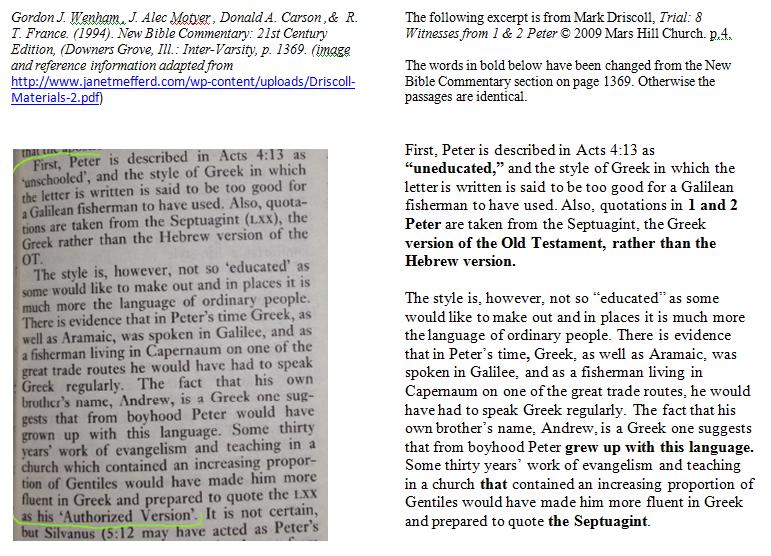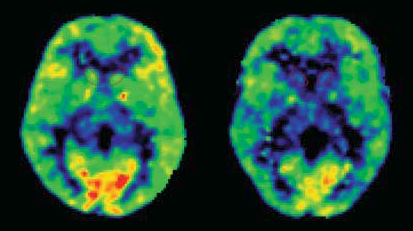First, let me thank Mark Driscoll for his help writing this blog post and give him full credit for inspiring the title.
With all of the allegations of plagiarism and controversy swirling around Mark Driscoll on social media, it is nice that Driscoll can take time to teach us all how to write better blog posts.
I am referring to his article yesterday titled “6 Simple Ways To Write Better Blog Posts.” You’ll have to read it to understand why my title was inspired by Driscoll. I want to give credit where credit is due.
(Did my lead get your attention? See point #3 – “Grab attention with your lead”)
On the same day Janet Mefferd revealed two more books by Driscoll which appear to include content without credit to the original author, Driscoll offers bloggers advice on how to get their message out. Since I am a blogger and I want to write better blog posts, I thought I should check it out.
Have A Tasty Bite Of Blog
After a juicy title, Driscoll suggests that bloggers write in “bite-sized chunks.” Ok, good thought.
I have to say that I lolled (laughed out loud) when I saw Driscoll’s blog post. Even if adventitious, the article still comes across as a clever rejoinder to the controversy over plagiarism, in an in-your-face sort of way. In the post, he touts his writing background and education at Washington State University’s Edward R. Murrow School of Communications. His reference to his education made me wonder if WSU had any guidelines about citation of sources. And you know, they do. Intentional plagiarism is described as:
- copying entire documents and presenting them as your own;
- cutting and pasting from the work of others without properly citing the authors;
- stringing together the quotes and ideas of others without connecting their work to your own original work;
- asserting ideas without acknowledging their sources, reproducing sentences written verbatim by others without properly quoting and attributing the work to them;
- making only minor changes to the words or phrasing of another’s work, without properly citing the authors.
According to the university website, one may also engage in “accidental appropriation of the ideas and materials of others due to a lack of understanding of the conventions of citation and documentation.” Let’s review. Driscoll included entire passages from the New Bible Commentary in his book on 1 & 2 Peter without citation (see point #6, Show and Tell below). There are uses of other author’s ideas without proper citation which have surfaced. By the standards of his own school, the situation doesn’t look so good.
Social Media Calls People To Action!
In his blog post, Driscoll suggests using social media to get the post exposure (ok, will do) and to call people to action. I am struggling with the call to action. On social media, many have called on Driscoll to acknowledge the issues and correct them. That sounds like a good call to action.
Show and Tell Shows and Tells
And then finally, Driscoll suggests using pictures to get across the message. Here’s one with a side by side comparison of the New Bible Commentary and Driscoll’s book on 1 & 2 Peter.

As Rev. Driscoll says, “You cannot just tell; you have to show whenever you can.”*
*From Driscoll, M. (2013, December 2). 6 Simple Ways To Write Better Blog Posts. The Resurgence.com.
See also:
On The Allegations of Plagiarism Against Mark Driscoll (12/2/13)
